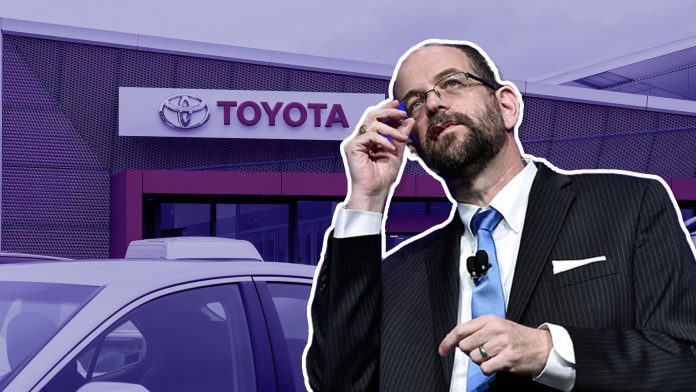Toyota executives are urging other automakers to continue developing hybrid and alternative-fueled vehicles, citing concerns that the industry’s rush toward electrification is unsustainable.
Ahead of the G7 summit in Japan, Toyota Research Institute CEO, Gill Pratt, remarked that while electric vehicle proliferation remains an essential component of addressing climate change, the world lacked the infrastructure to support a fast-paced EV transition. “Battery materials and renewable charging infrastructure will eventually be plentiful,” he commented, “But it’s going to take decades for battery material mines, renewable power generation, transmission lines and season energy-storage facilities to scale up.” Pratt recommended countries reliant on coal or without a supply of renewable energy focus on other zero or low-emission alternatives, such as hybrids.
The remarks were made in Hiroshima on May 18, just before political leaders, including President Biden, from around the globe met in the city for the annual summit. World leaders have discussed the EV transition in previous G7 conferences, although it is presently unclear whether the ongoing meeting will see the topic revisited.
The chief’s statements also come during Toyota’s own difficult transition, arriving just over a month after the automaker’s new CEO, Koji Sato, replaced former head Akio Toyoda, who drew criticism for his hesitancy to expand into EVs despite the success of companies such as Tesla and BYD. While the former executive remains on the company’s board, Sato has promised to ramp up electrification after seeing improvements in semiconductor supply chains and sales volume over the course of the first quarter. The company aims to sell 200,000 battery-powered vehicles before 2024 and up to 1.5 million by 2026.




